Exactly how many studios has Activision actually closed this generation? THIS many
Hankies at the ready people, it's a lot
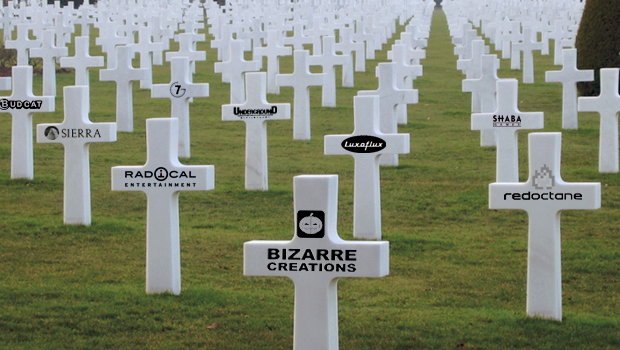
So Activision closed another studio last week. This time it was Prototype and Prototype 2 developer Radical Entertainment. It had been in business for 17 years before being bought by Activision. Afterwards, it lasted just 4. I wasn't surprised by any of this.
Not due to the quality of Radical's output, you understand. The studio had been putting out solid and dependable work for years before it got the chop. In fact the high profile and good reviews for its recent slashgasmic step up to triple-A meant that if anything I really should have been surprised.
No, the reason for my cataclysmic lack of shock is that Activision does this sort of thing a lot. In fact over recent years it has become almost as well known for axing staff as it has been for its games slate. So I got thinking. Just how many studios has Acti shut this generation? It turns out that the answer is a lot. Nearly as many as it has currently on the books in fact, and three times as many as it has sold. I've collated all their stories over the next few pages, so grab a hanky and get ready to witness one hell of a bodycount.
1. Sierra Entertainment
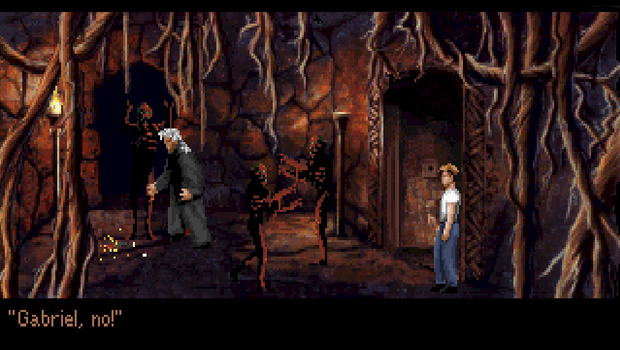
Years in the industry before Activision ownership: 29
Years under Activision before closure: Less than one
What happened? After a long, long, long, long time as one of the Adventure Game worlds most enduring and successful developers and publishers, Sierra eventually branched out into a whole load of different areas to varying degrees of success (and with various different owners). By 1999 it was more publisher than developer, working with indie studios on a variety of genres. Along the way it published a game called Half-Life.
In 2008 though, its then-parentcompany, Vivendi Games, merged with Activision to create Activision-Blizzard. Control of Sierra was transferred to Activision, and later that year it was shut down. A couple of its studios, High Moon and Radical Entertainment, were merged with Activision, and unfortunately were going to see one of those two a little later on this list. I think you can guess which.
Sign up to the GamesRadar+ Newsletter
Weekly digests, tales from the communities you love, and more
2. Shaba Games
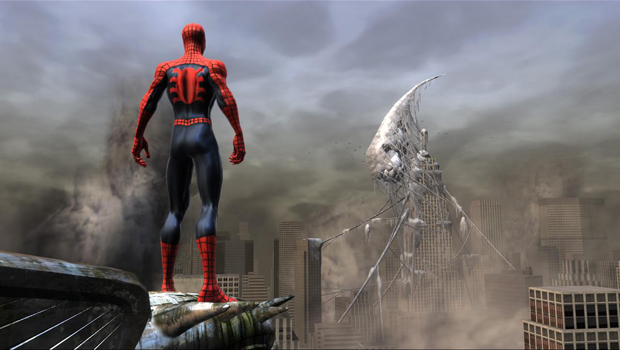
Years in the industry before Activision ownership: 5
Years under Activision before closure: 7
What happened? A San Francisco indie formed in 1997, Shaba put out PS1 skateboarding game Grind Session for Sony in 2000. Possibly as a result of the games similarity to its own Tony Hawks Pro Skater series, Activision bought the studio in 2002 and put it to work on the PS1 (ie. last-gen) port of THPS3. From that point on it was pretty much a string of Tony Hawk ports for non-target consoles (the PSP version of Underground 2, the Xbox and PS2 version of Project 8) before the licensed fodder started calling. A Shrek-based Smash Bros clone and Spider-Man: Web of Shadows later, and Shaba was no more.
Take note of that pattern, dear friends, for it will soon become the death knell for many an Activision-owned studio.
3. Luxoflux
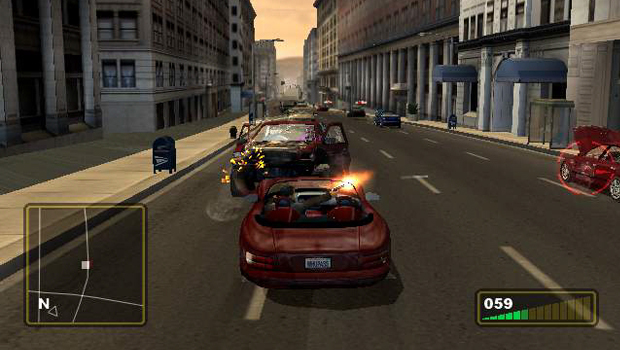
Years in the industry before Activision ownership: 5
Years under Activision before closure: 8
What happened? After a decent independent run putting out solid but unremarkable fare like Vigilante 8, Star Wars Demolition and Pitfall 3D, Luxoflux was bought by Activision during the development of its open-world crime actioner True Crime: Streets of LA. The game was released to decent reviews and did pretty well. But then once more the Shrek license reared its ugly emerald head by way of the official game for the second film.
Luxoflux got to do a sequel to True Crime - TC: New York City - after that, but it seemed that the licensed rot had taken hold. Kung Fu Panda came next, and then Transformers: Revenge of the Fallen. And then oblivion.
4. Red Octane
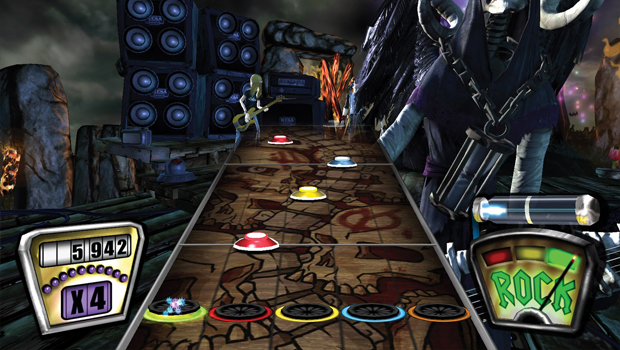
Years in the industry before Activision ownership: 6
Years under Activision before closure: 4
What happened? Red Octanes name might be but a mere whisp of dust amongst the shadowy mists of time now, but it was a very, very important company indeed. You see it invented and published a game called Guitar Hero, and that was sort of a big deal. Basing its idea on popular Japanese arcade game Guitar Freaks, Red Octane designed the guitar hardware and invited burgeoning music game studio Harmonix to handle the software. Guitar Hero turned out to be as big as a fat elephant, so obviously Activision bought RO before it could bash out the sequel.
Interestingly Activision didnt buy Harmonix (perhaps seeing the hardware and the core idea as more important than whoever might be putting the software together), which later sold to MTV. After a successful bounty (or gratuitous milking, as you might prefer to describe it) of Guitar Hero games from various software developers, Activision found that the peripheral-based music genre was losing its sheen in the eyes of consumers (surprising, right?) and axed the whole series, along with its inventor, in 2010.
5. Underground Development
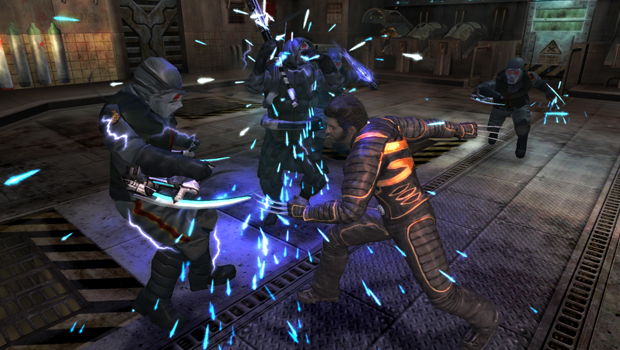
Years in the industry before Activision ownership: 8
Years under Activision before closure: 8
What happened? After a long run making (mainly extreme) sports games for a variety of publishers, Underground (previously named Z-Axis) was bought in 2002. In a wild turnaround from its traditional subject matter (and this is not the last time Activision will do that to a studio), the dev was put on (yes!) the official licensed game for X-Men: The Last Stand, and then developed the PS3 port of Enemy Territory: Quake Wars, followed by Guitar Hero: Van Halen.
There were to be no more released games from Underground after its late-2009 Guitar Hero swansong, but the most painful part of this particular Activision sub-story is that during its last couple of years the studio nearly, oh so very nearly, put out a game that could have made it a household name. In 2007, Underground was working on Call of Duty: Devils Brigade, a brutal, third-person spin-off with squad-based gameplay and a more action-adventure bent. Alas, the project never completely got off the ground, and when Infinity Wards Call of Duty 4: Modern Warfare launched and cemented the future direction of the series, the idea became instantly dead in the water. And a couple of years later, Underground became flat-out dead.
6. Budcat Creations
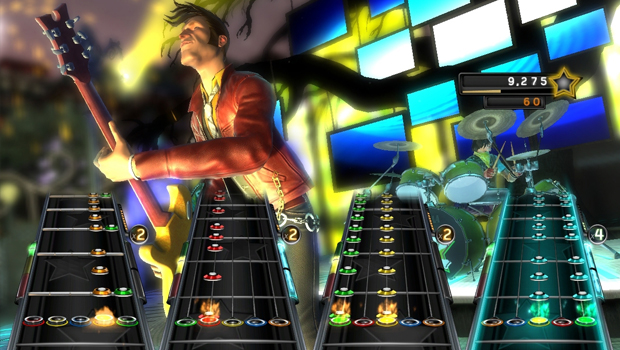
Years in the industry before Activision ownership: 8
Years under Activision before closure: 2
What happened? Founded in 2000 by two ex-EA employees, Budcat specialised in porting games to non-target consoles. After a raft of work for EA and Majesco, the studo was bought by Activision in 2008 and put on the PS2 and Wii ports of Guitar Hero. Unsurprisingly given the teams focus, it was closed in 2010.
7. 7 Studios
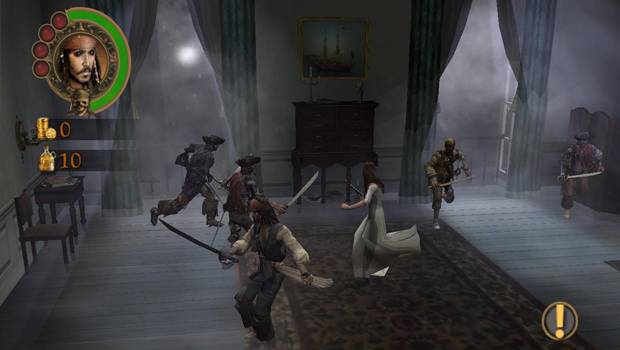
Years in the industry before Activision ownership: 10
Years under Activision before closure: 2
What happened? Fairly inevitable case, this one. 7 Studios had long been a purveyor of licensed TV and film games, working on the like of Charlies Angels, Pirates of the Caribbean, Napoleon Dynamite and (yes, him again) Shrek. Given that it had also been developing the ill-fated Scratch: The Ultimate DJ, Activision put it into its music division, as a support team for DJ Hero. And then when the music games division went under, 7 Studios was obvious fodder for the chopping block.
8. Bizarre Creations
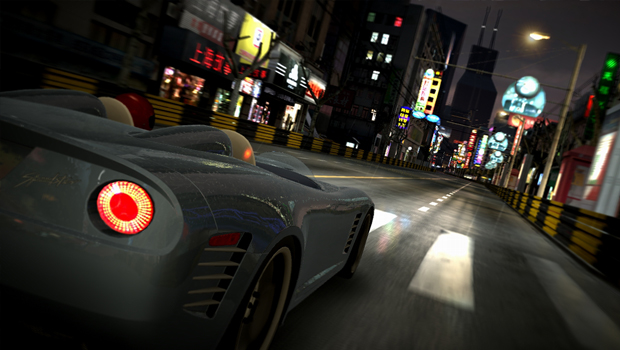
Years in the industry before Activision ownership: 19
Years under Activision before closure: 3
What happened? Started in 1988 as Raising Hell, Bizarre Creations put out a wide array of slick, fun and more often than not brilliant games over the course of its 22-year lifespan, initially making a name for itself with F1 in 1996 and remaining one of the best racing studios in the world from that point on. With Metropolis Street Racer, Fur Fighters, Project Gotham Racing, Geometry Wars, Boom Boom Rocket and The Club on its CV, Bizarre had one of the most solid and eclectic indie line-ups around.
Then Activision bought the studio. But not having bought the Bizarre's Project Gotham Racing franchise from Microsoft, it seemed Acti didnt really know what to do with its new purchase. Geometry Wars 2 was a given, but after that? We got Blur, which although brilliant smacked of design by committee. It had shiny, real-world cars. It had a cool street racing vibe. It had a social network style interface. It had Mario Kart weapons. The whole game screamed of a project that had been designed by suits based on demographic analysis, and was thus a bit of a Frankenstein. Thus, it was borderline impossible to market, so Activision didnt seem to bother. And thus it did not sell very well at all.
After that? The Bond license. Yeah. And with that poison chalice, Bizarre Creations was committed to the ground.
9. Radical Entertainment
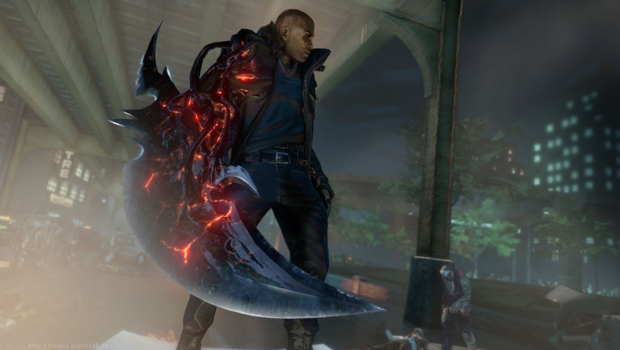
Years in the industry before Activision ownership: 17
Years under Activision before closure: 4
What happened? Established in 1991 in Vancouver, Radical was often described as the backbone of the citys development scene over the 21 years of its life. With a track record in big-name (and often decent) licensed games and original work stretching back as far as the NES, the studio put out a total of 45 games over its lifespan, and maintained its independent culture even after being bought by Vivendi in 2005. It put out Scarface: The World is Yours, Hulk: Ultimate Destruction and a bunch of Crash Bandicoot games during the period, and its success looked to continue following the Activision-Blizzard merger which brought Vivendi into the Activision group.
For a while things looked good, although sources inside the studio have stated that the merger did cause Radical to lose its independent feel. But with Scarface 2, Crash: Mind over Mutant and its own AAA IP on the way in the form of Prototype, Radical looked in pretty safe form.
This year, Prototype 2 came out, to strong review scores and chart positions. All good? No, it seems not. Because just last week Activision announced the closure of the studio as an active game developer due to P2s apparent failure to find a broad commercial audience. Up to 90 people reportedly lost their jobs, and from now on the remaining Radical skeleton staff will simply act as support on other studios projects.
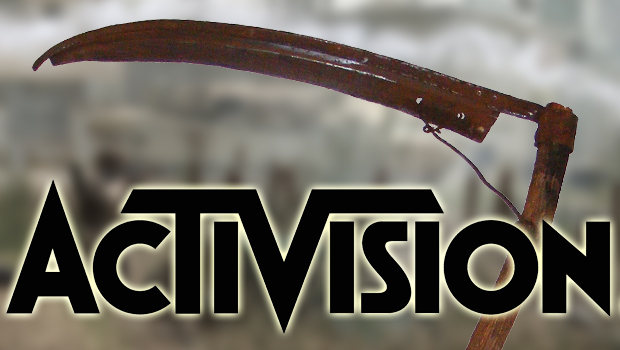
So, what can we learn from all of this? Basically, if you're a small to medium-sized games studio, particularly if you've ever made a licensed game at any single point in your career, do not sell your company to Activision. And if you are already owned by a publisher, and that publisher is bought out by the House of CoD, keep a very attentive eye out for anything coming your way that even resembles a port. As you would anything that even resembles a parcel bomb.
Oh, and if anyone ever comes near you with the words "James Bond", "Transformers" or "Spider-Man", treat them like they have leprosy and start looking for another job immediately. Seriously. It'll be much less painful that way.



